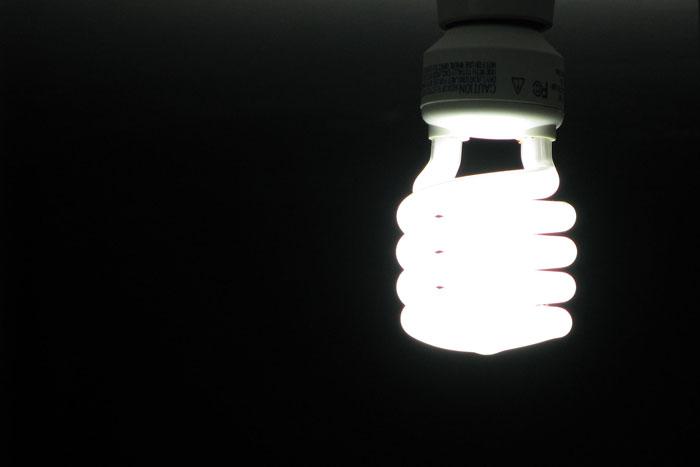Change and How to Live It

Dickinson announces new certificate program in social innovation and entrepreneurship
by Tony Moore
Maybe you know about Muhammad Yunus. In 1974, the Bangladeshi professor set out to break the cycle of poverty and starvation he saw plaguing his country. What occurred to him was to give out small but numerous loans to poor entrepreneurs who normally would never be able to get a loan.
This bottom-up approach established Yunus as a pioneer in microfinancing/microcredit, earned him the 2006 Nobel Peace Prize and put socia innovation and entrepreneurship on the map.
Now Dickinson students will have a chance to join him on that map, thanks to a new certificate program.
On the map
“We have many students at Dickinson with ideas about how they want to change the world,” says Helen Takacs, associate professor of international business & management, who has taken point on Dickinson’s social innovation and entrepreneurship certificate program and will host info sessions on Feb. 24 and March 2, 4 and 18. “Those students will see the certificate as a real opportunity to help fulfill those dreams.”
Social entrepreneurship involves creating and reimagining products or services that can address social or environmental needs. Social innovation targets the creation of new social structures—through such entities as Yunus’ Grameen Bank—that can reframe issues such as social justice, environmental protection and sustainability so new solutions can be discovered.
Takacs sees the certificate program, which launches next academic year, as a way for socially conscious students from all academic disciplines and class years to tie together what they are studying with what they want to do beyond Dickinson.
“All of our students recognize the benefits of a liberal-arts education—they see how learning in so many different disciplines helps them think and solve problems,” she says. “The certificate program creates a bridge and provides students with a clear path to how they can realize some of their postgraduate aspirations.”
One such student, Hunter Tuccio ’18 (economics), who is soon pitching his first entrepreneurial endeavor to the Idea Fund, already has been in touch with Takacs about the program.
“I came to Dickinson because I really wanted to go to school where I could make a difference,” says Tuccio, noting that he already envisions launching a startup one day. “I really think that social entrepreneurship is important, because not only is it finding an issue and creating a solution, but it's collaborating with people with similar interests and seeing an issue and asking, ‘How can we get around this?’ ”
Inspiration and innovation
The program—which students in the spring 2014 Eco-E Path Mosaic helped to develop—will include a newly created introduction course, a senior seminar and four electives chosen from a variety of existing courses across academic departments. It also will include sessions with Dickinson alumni in relevant fields who will come to campus for class visits and talks and serve as mentors.
“I see the potential for the certificate program to provide a really inspirational curriculum,” Takacs says, “and I think alumni could be a big part of that.”
Over the course of the program, students will maintain a portfolio of their work, in which they’ll reflect on each class and how each connects with their goals for the certificate. It also will include an experiential learning component, such as an independent project, a community project, a global project or variations stemming from students' own imaginations.
“It's a great idea, because you'll get a view of the issues of the world,” says Tuccio. “When I heard about it, I knew right away that this was for me.”
Learn more
Published February 23, 2015